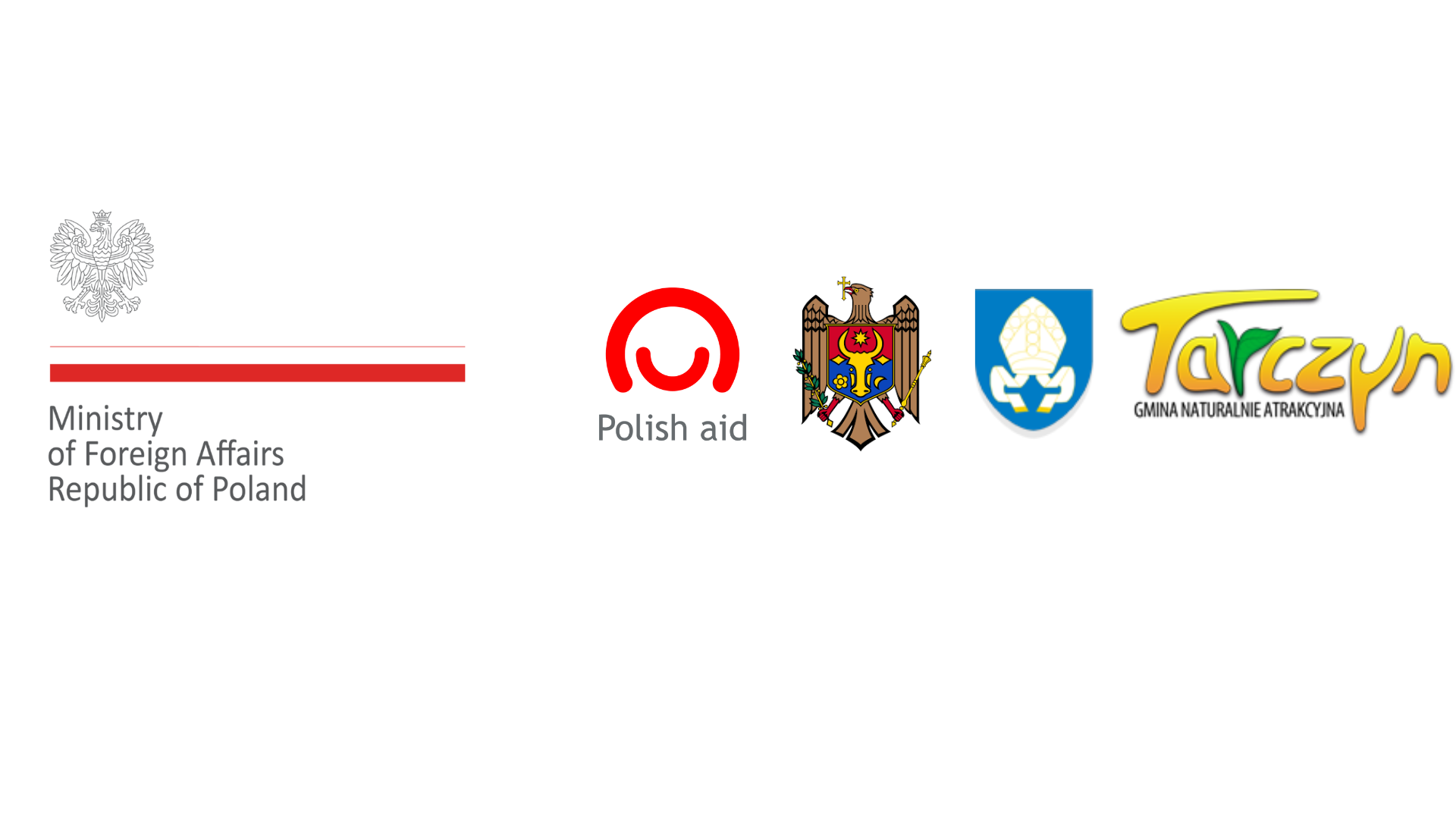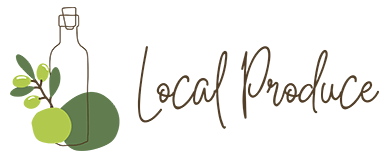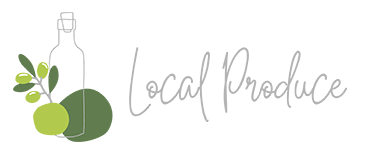This platform was created as a part of the international project "Causeni Agri-Hub: Community Cooling and Processing Fruits and Veggies Infrastructure", which is co-financed by the Ministry of Foreign Affairs of the Republic of Poland: Polish Aid Program 2021.
The aim of the project is to promote economic growth and create stable sources of income in agriculture by supporting the local government in Căușeni, Moldova, in its efforts to create added value to agricultural production in the region.
An important element of the project are two series of workshops, addressed to food producers and people responsible for local development, creating resources of knowledge about agriculture based on Polish experience, as well as a study trip to Poland. The following textbooks (see in the files) and podcasts facilitate access to Polish know-how.
Podcasts
Podcast 1. Combating forest/orchard diseases with natural methods
In this episode, we will talk with Milan, a farmer, and advisor for agriculture. Milan shares his experience regarding handling climate change that results in the increasing amount of pests. The most common bug in the Czech Republic is “Kůrovec” (eng. A bark beetle). Milan clarifies that the most vulnerable variety of tree for these pests is “Picea abies” (eng. “Norway spruce”). They are logged after being infected with pests and replaced by the resistant “Douglaska” (eng. “Douglas fir tree”).
Furthermore, the farmer shares his other obstacle regarding increasing temperatures - no pasture for the sheep during summer droughts in 2015 and 2018.
Podcast 2. The Most Important Smart Solutions To Reduce The Use Of Plant Protection
The next podcast was conducted with the chairman of the Young Agrarians’ Society of the Czech Republic David BROŽ. We will discuss farm climate adjustment solutions such as bio belts, agroforestry, and blind stream branches. Bio belts are one of the most popular climate adjustment solutions. They cost about 100 or 200 euros for seeding material and the changes can be seen in one or three months. It depends on whether you do it in the spring or in the autumn and what kind of plants you use for that. David describes the next solution - agroforestry - as a “long-distance run”. It's quite cheap, but it takes some time. Agroforestry helps to anti-water erosion and anti-wind erosion. Blind stream branches are used mainly to fight immense climate and preserve biodiversity.
Podcast 3. Agricultural IT Technologies: Data Gathering Technologies and Evidence-Based Farming
The podcast related to IT Technologies was conducted with the honorable guest Ms. Małgorzata Borowa, head of the District Agricultural Advisory Team in Tarczyn. We talked about the new Polish platform eDWIN, which was designed to provide support, give advice and facilitate decisions regarding integrated plant protection. There are 52 agro-meteorological stations located in Mazovia within eDWIN platform, which can be used by both advisors and farmers. In addition to this, there are so-called virtual farms. If a farmer wants to use the application, he enters his farm details, logs into the application and chooses an advisor with whom he would like to cooperate. Such an advisor makes observations in the farmer's field and the results are sent directly to the server. Last but not least, eDWIN is to support decisions regarding pests management, i.e. if a pest occurs, then the advisor tells the farmer that there is a pest and what measures should be taken.
Podcast 4. Fruit Properties Covered By The Certification
In this episode, we had the immense pleasure to talk to Huber Filipiak, the owner of the Ekojablonka Company. Since 2018, the farm has had an organic certification, a truly clean product without any chemical residues. Hubert reflects on the reason he chose to switch to organic farming: not only was it economics and the growing tendency for organic products in Europe, but also the ideology of bioproduction and eco-awareness.
There is no denying that in comparison with conventional fruits, ecological apples are forbidden to have even 0.1 milligrams of the residue of some pesticides in fruits. That is why, Hubert explains, it is also important to have an eco-friendly neighborhood for the farm.
Podcast 5. Certification and EU policy
Continuing the talk with Ms. Małgorzata Borowa, head of the District Agricultural Advisory Team in Tarczyn, this time we discussed Common Agricultural Policy, which has an emphasis on biodiversity and organic farming, environmental protection, water protection and soil protection. There will be provided additional payments for farmers who meet certain requirements included in the SMR and GAEC. Farmers who switch to ecological farming firstly fall into a conversion period get additional payment. Once a year, an inspector comes to him to certify. Such a farm may also be selected for unannounced inspections from time to time.
Podcast 6. Traditional plant varieties and EU policy towards them.
The closing subject of our podcast series is related to traditional plant varieties and EU policy towards them. The expert Ms. Małgorzata Borowa, head of the District Agricultural Advisory Team in Tarczyn shared how the plant protection policy is applied in Poland. Farmers, when performing their treatments with plant protection products, sometimes do it in the wrong way. Plant protection products get into water and pollute it, the same applies, for example, to air pollution with nitrogen from, for example, manure. Under the agri-environmental program there are several different packages that contribute to the protection of traditional orchards: the farmer has an additional payment to protect various seeds from plants by creating a bank of genes and the traditional seeds. A farmer opting to grow millet or any other cereal that is on the list has an additional payment. Farmers need to switch to a different way of thinking where the use of a plant protection product will be a necessity. The farmer must prove that the use of a plant protection product was necessary because, for example, the threshold of economic harmfulness of the given pest was exceeded.
Agri-Hub Machinery reservation
Created as part of the Agri-Hub project, i.e. a local government support center for agriculture with shared infrastructure for washing and cooling fruit and vegetables, gives farmers and small businesses a chance to gain a competitive advantage and increase income from agriculture, and thus has an impact on economic development in the region.
With the help of the reservation panel, You can book Agri-Hub equipment (belt press, washing and shredding machine) to develop Your business and increase its capacity. For more details check the "RESERVATION" page.
What can you buy?
Local processors, producers and farmers have the potential to produce excellent quality food products. The specific purpose of the project is to reach customers in accordance with the idea of "from farmer to table" by creating an online store. On our platform, You can find an online shop in the "BUY NOW" section.
Here You can find such products as oil, raspberry jam, apple juice, apples from Olanesti, tomato juice, gutuie compote, wine, horn compote, grapes “Moldova”, lavender oil, honey, plum jam, cherry jam, apple jam, quince jam, almonds, apricot jam.
We also want to meet You with a group of inspiring farmers who welcome You to try their delicious products straight from the farm. Learn more in the "FARMERS" section.
Why is it important?
To the Moldovan economic and general well-being as a country, families and small farms are essential. They contribute to the competitiveness and sustainability of rural and farm economies, as well as the preservation and improvement of the environment and natural resources.
Implementing partners:



